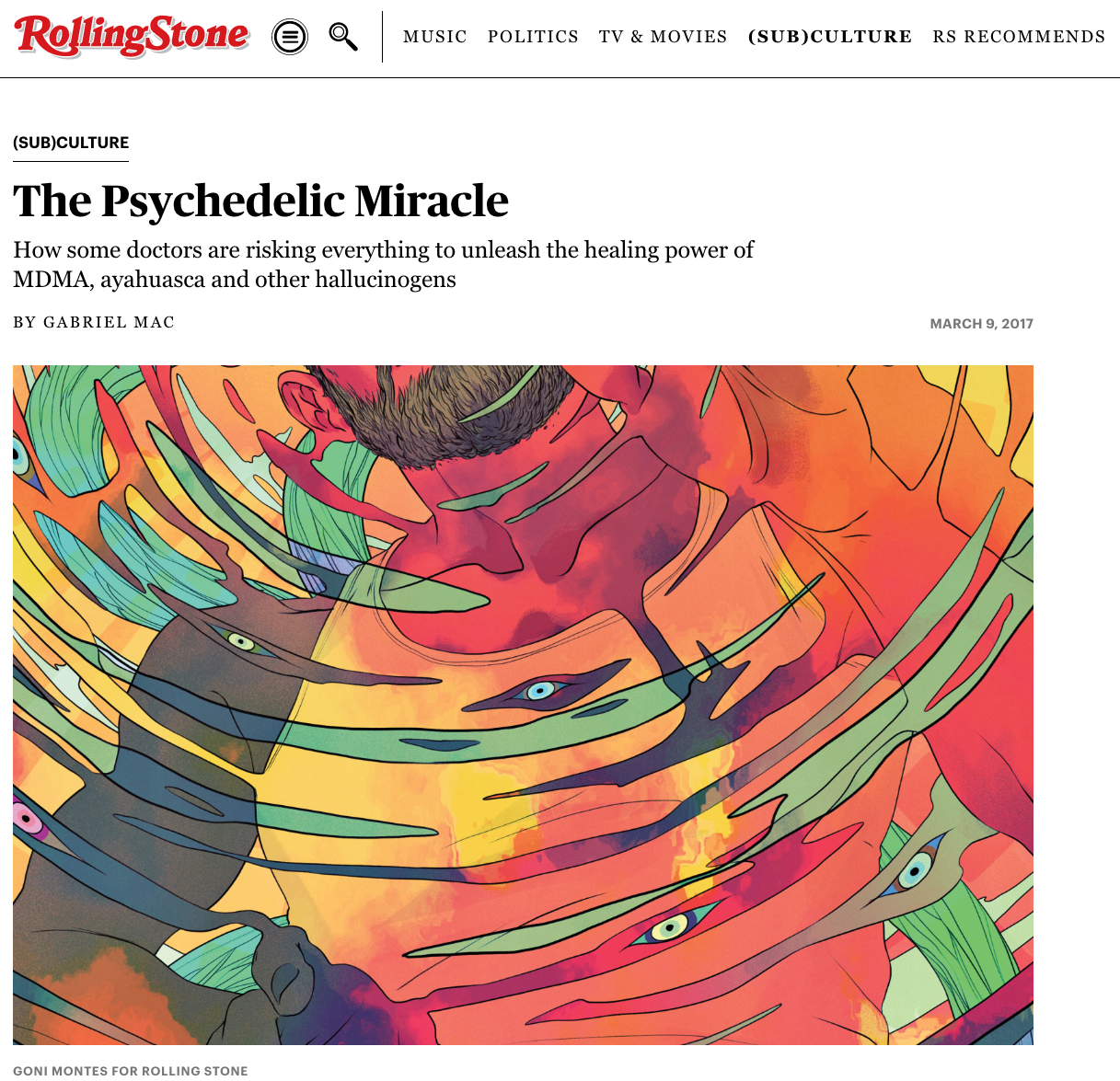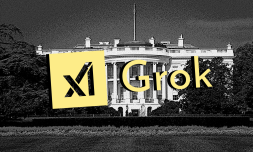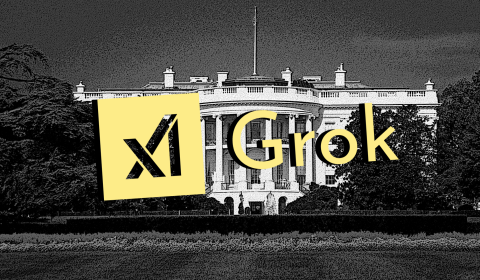Ever since hallucinogenic drugs started being reconsidered as a potential treatment for mental illness, hype surrounding their integration into modern medicine has been rife. A new paper argues that this excitement could send us back to square one.
For the last two years, I’ve written extensively about hallucinogenic drugs. Namely their widely recognised potential to treat the 1 in 7 people globally who suffer from mental illness.
During this time, we’ve seen numerous states in the US decriminalise substances once frowned upon by society, medical experts start trialling therapies with MDMA, magic mushrooms, and LSD (among several others), and the psychedelics market projected to reach $10.75bn by 2027.
Now, considering that experts have long-struggled to uncover the roots of conditions such as depression, PTSD, and anxiety – which psychedelic research has done wonders to shine a light on – it’s no surprise that advocates have been unable to suppress their excitement both on and offline.
However, as is often the case with trending topics across social media and in mainstream dialogues, this surge in hype has amounted in a great deal of misinformation that threatens the future integration of hallucinogenic drugs into modern medicine. This is according to a new paper, which argues that fake news born out of anticipation could very well send us back to square one.
‘Psychedelic research currently appears to be trapped in a hype bubble driven largely by media and industry interests,’ explains lead-author and assistant professor at Johns Hopkins University, David Yaden.
‘We believe that it would benefit the field of psychedelic research if this bubble were to be systematically deflated by researchers and clinicians using good science communication practices.’

Essentially, with it common knowledge that the media and influential industries will never miss an opportunity to capitalise on whatever piques our collective interest, Yaden is warning against the overvaluation of psychedelics in popular perception as we experience their renaissance.
One only needs to think of Newsweek’s September 2021 issue for an example of this, which called psilocybin the biggest advance in treating mental illness since Prozac.




















